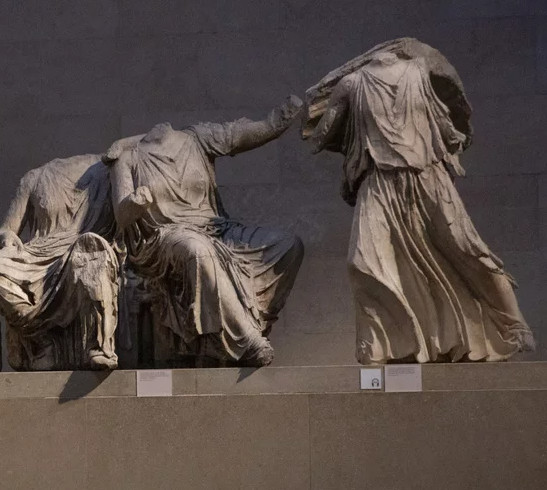
The Prime Minister of Great Britain hastened recently to condemn the euphoria created in Greece by the revelation of the secret meetings between the Greek government and the British Museum. He explained that he does not intend to change the law which prohibits the British Museum from expropriating objects from its collections except in “limited circumstances”.

He also added that the attitude of the British government has not changed. The decisions regarding the care and management of the Museum’s collections belong to it and its Trustees. In fact, he said verbatim that “the Parthenon Sculptures legally belong to the Museum and the Trustees, who are functionally independent of the Government”.
The statements of the British prime minister, who is still new in office, seem to miss certain points.
Point one:
Legislation changes made by the British Government in recent years have made it easier for “limited case” returns. I am specifically referring to the Human Tissue Act 2004 which facilitated the return of Aboriginal remains from British museums to Australia and New Zealand and the Holocaust Act 2009 which gave permission to 17 British museums to return to their owners works of art that were illegally removed by the Nazis in the period 1933-1945. For the rest, the specific laws did not change the mode of operation that governs British museums.
Point two:
There is no need to change the British law governing the British Museum (Museums Act 1963) in order to return the Parthenon Sculptures to Greece. The return can be made under the Charity Act 2011, as amended in 2022, which was also used to return the ‘Benin Bronzes’, bronze works of art from southern Nigeria looted in 1897 by the British troops. According to the specific law, museums can return objects from their collections on the basis of ‘moral obligation’ which they must document in detail and after the approval of the Charity Commission provided for in this law.
Point three:
As much as the British Government emphasizes the independence of the British Museum, the issue of the Parthenon Sculptures is an international dispute and as such is on the agenda of UNESCO’s Intergovernmental Committee for the Return of Cultural Property to their Countries of Origin. The Greek side has managed to keep it on the agenda despite all the reactions of the British Government. Also, the General Assembly of UNESCO, made up of its member states, has taken a decision that it will not be removed from its agenda until it is resolved. So if Britain does not resolve it, it will exist as a permanent interstate pending.
Point four:
After the publicity the Sculptures issue has received internationally and the morale boost of those waiting for a solution, any backtracking or failure by the British Government to act to resolve it will leave the international community with a feeling of bitterness. Above all, it will isolate Britain in matters of international culture, damaging the image of humanity it is so diligently trying to cultivate.
Finally, it would be interesting to note that every British Prime Minister who refuses the Greek request in the last two years when the Greek pressures intensified for some reason ends up losing his office. Reading Lord Byron’s historical poem ‘The Curse of Minerva’ seems to raise a concern… We wonder if Britain’s new Prime Minister has read it.
Irini Stamatoudi is LL.M., Ph.D., Lawyer, Professor of Law at the University of Nicosia
Latest News

Deadline for Postal Vote Registration Expires on Mon.
More than 157,000 Greek citizens had registered on the relevant online platform so far

Orthodox Palm Sunday Today; Shops Open in Greater Athens-Piraeus Area
Orthodox Holy Week begins on Monday, April 29, and ends on Sunday, Easter Sunday or Great and Holy Pascha (May 5)

Greek Retailers Remain Optimistic About Easter Shoppers’ Turnout
While stores are expected to be open on Sunday, April 28, the majority of Easter shoppers will likely do their shopping during the Holy Week, following the deposit of Easter bonuses

Europeche: Greek Apricot Production Recovers
Europeche forecasts the production will bounce back despite a slight decrease in varieties attributed to high winter temperatures

Bank of Greece (BoG): Business-Household Deposits Up 1,675bln in March 2024
In March 2024, the monthly net flow of credit to the general government was negative by 469 million euros

FT: Greece’s Economic Rebound a Balance of Growth and Poverty
Eurostat data revealed a significant 10.8% drop in Greek public debt relative to GDP in 2023, alongside a 2% economic expansion, outpacing Germany's performance.

Lavrio Port Authority Next Up for Privatization
A deadline for the submission of expressions of interest is May 14, 2024

Eurostat: Greece Records Largest Drop in Natural Gas Prices in 2nd Half of 2023
The price of electricity and natural gas in Europe was down following a substantial surge that began before the Russian invasion of Ukraine and peaked in 2022

GEK TERNA Still Considers Leveraging Concessions Portfolio as Financial Tool
President and CEO of Gek Terna George Peristeris explained the company's plans on Tuesday on the sidelines of the inauguration of sections of Greece's E65 highway

NielsenIQ: 3% Supermarket Revenue Increase in Q1
Private label products are gaining traction, comprising 25.4% of shopping basket shares, up from 24.7%


























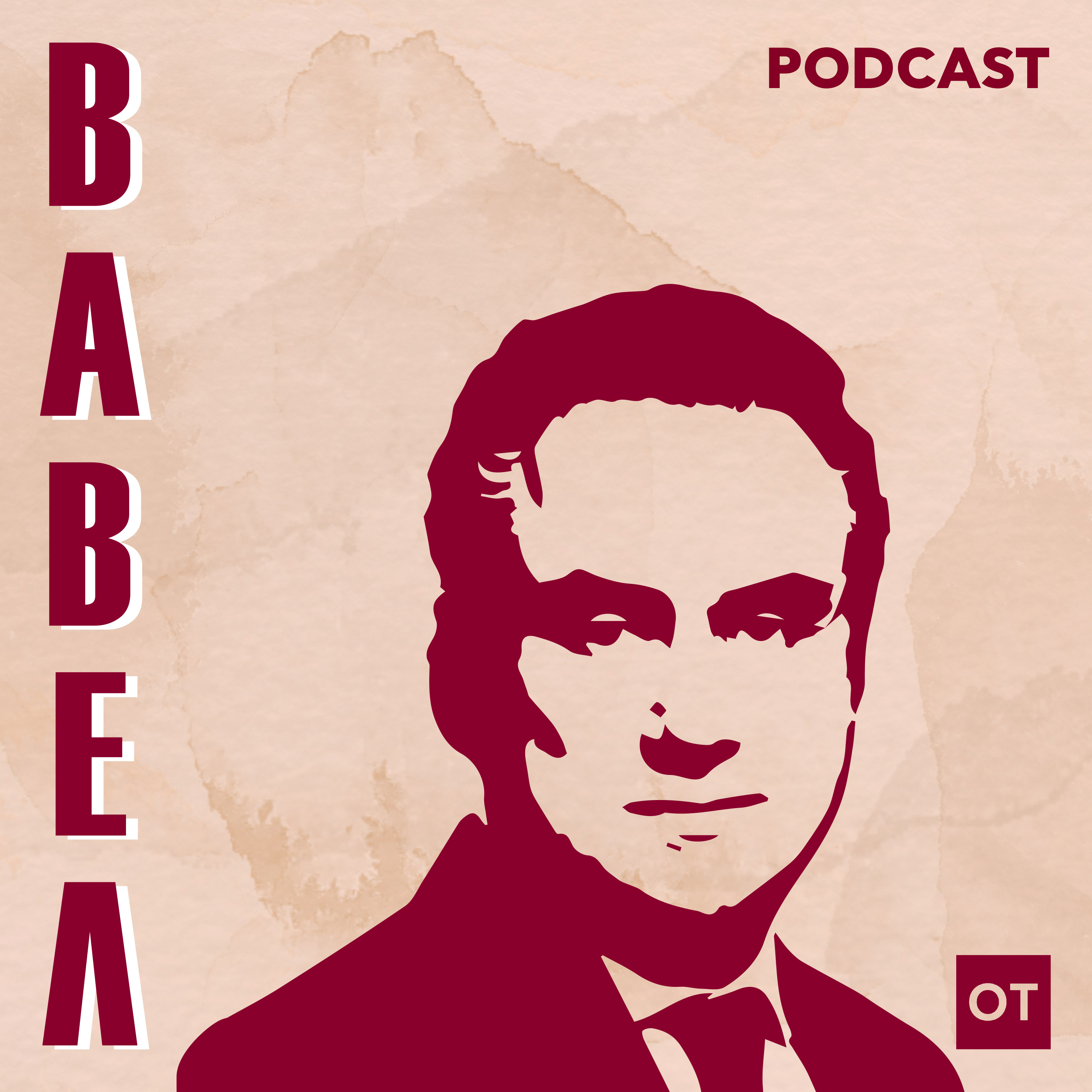

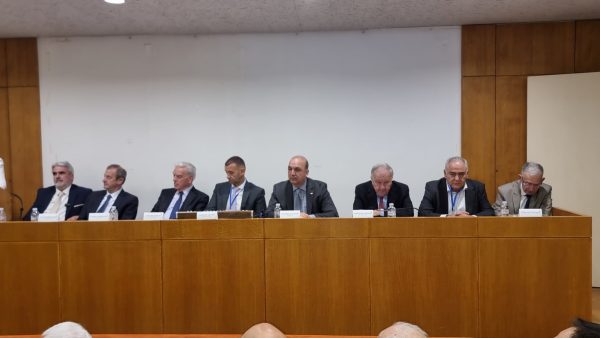



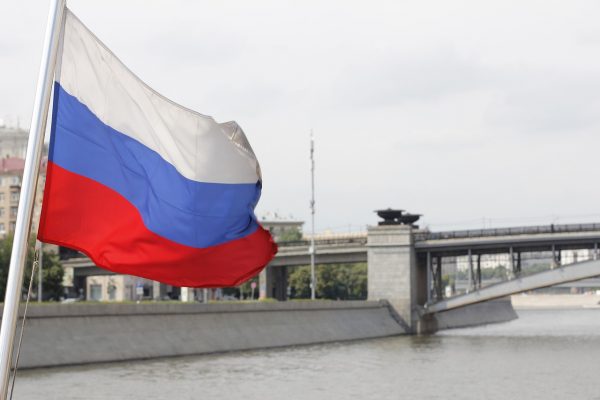




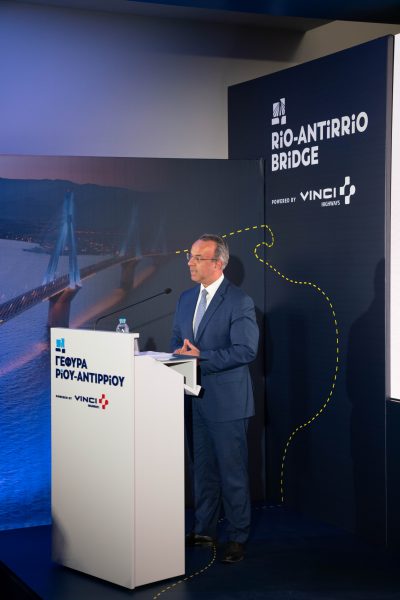

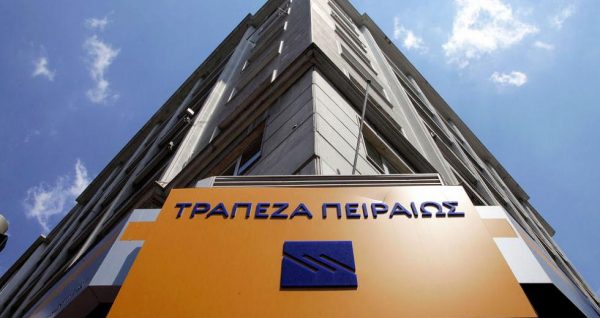
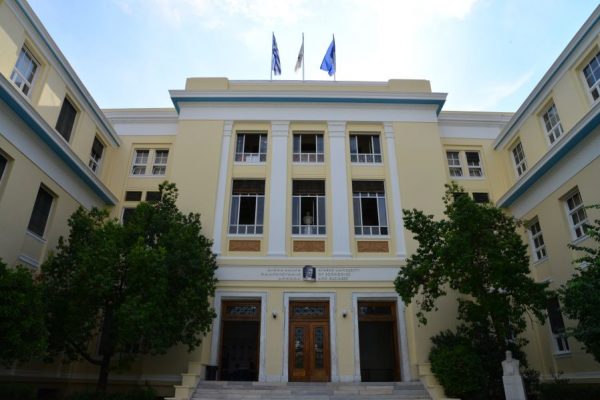
 Αριθμός Πιστοποίησης Μ.Η.Τ.232433
Αριθμός Πιστοποίησης Μ.Η.Τ.232433